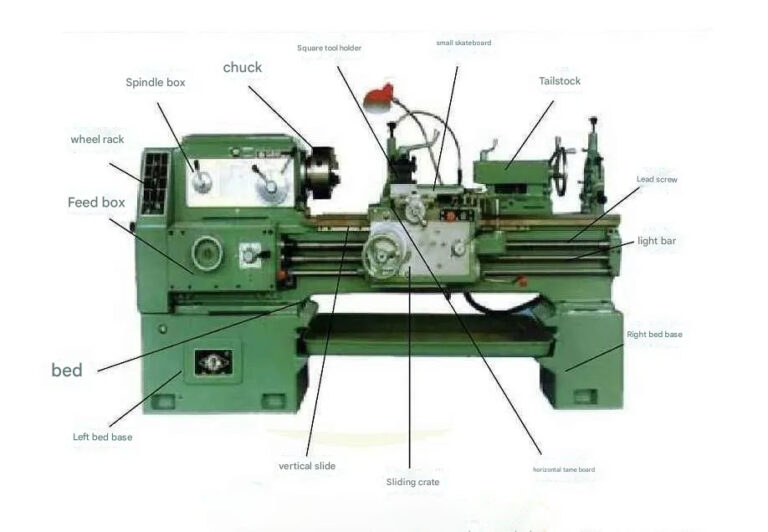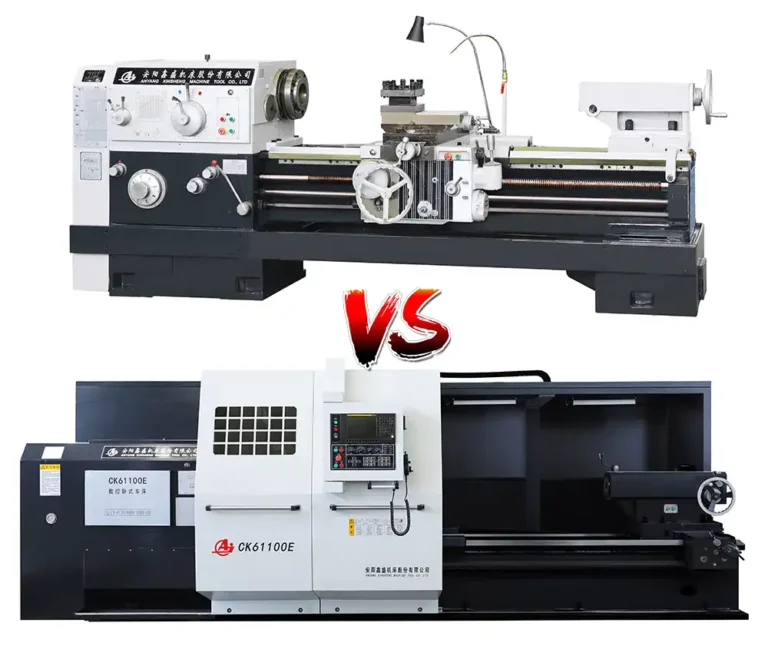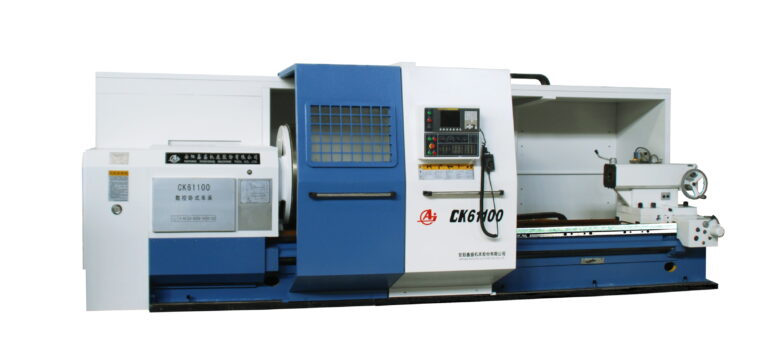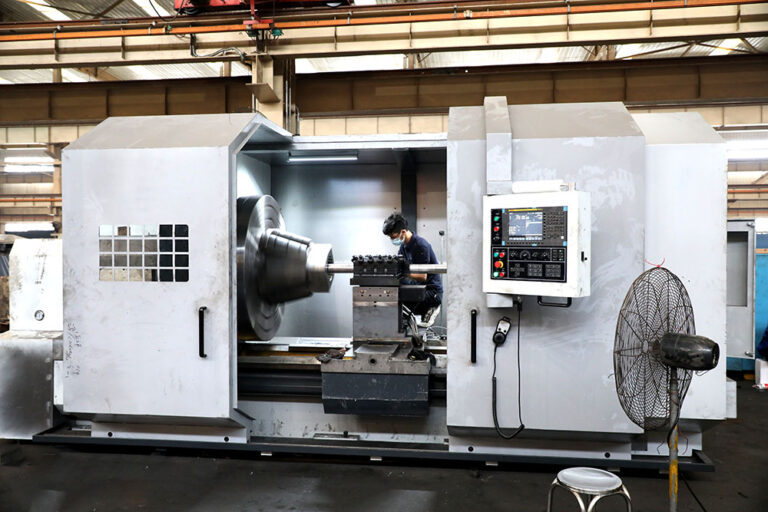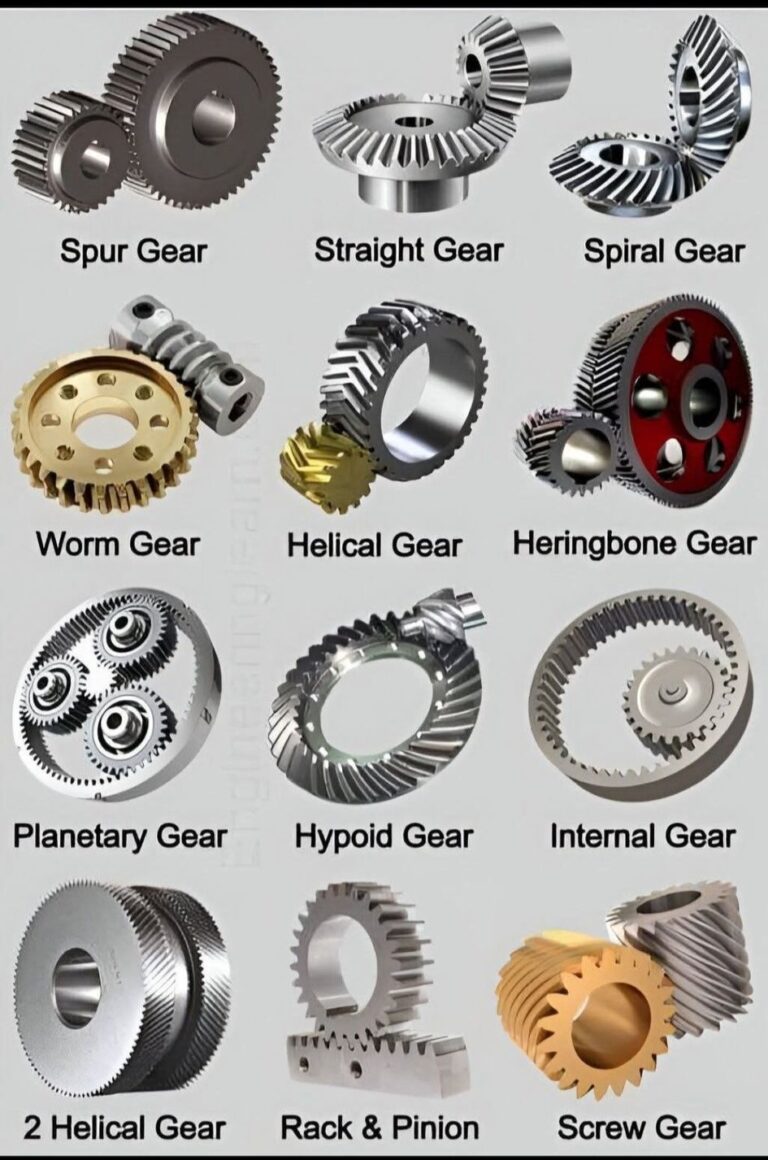QKP Series CNC Pipe Threading Lathe – Tailored for High-Precision Oilfield Thread Machining
The QKP series CNC pipe threading lathe is specifically developed for the turning of oilfield pipe threads. It is also suitable for various types of pipe thread machining across multiple industries. This machine features a semi-closed-loop CNC control system, making it not only ideal for threading but also capable of performing general CNC lathe operations. It is especially effective in machining complex shapes of shafts, sleeves, and disc-type components — including internal and external cylindrical surfaces, conical surfaces, arc curves, end faces, grooving, chamfering, and threading.
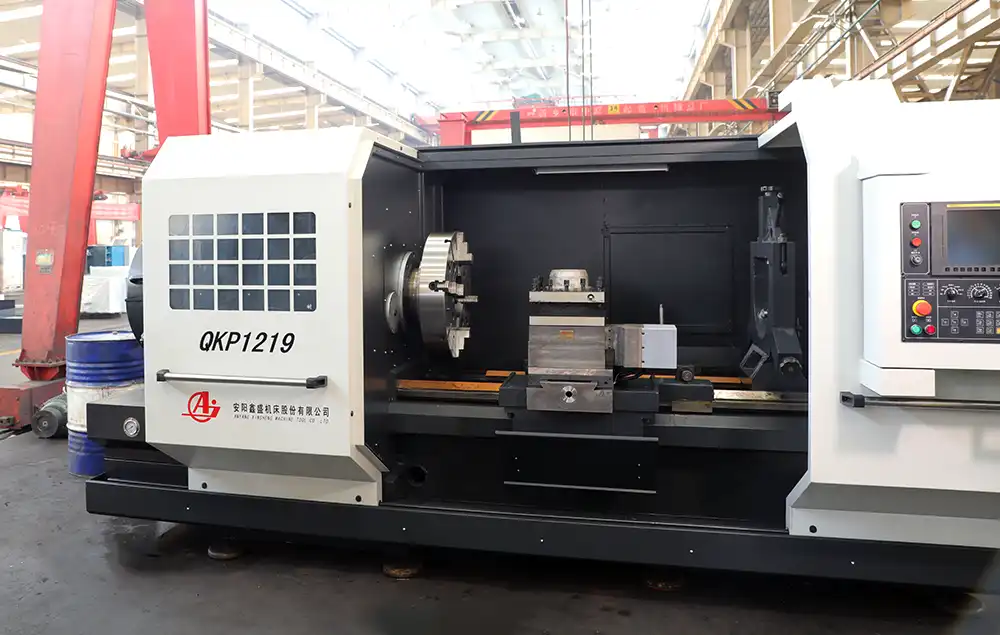
System Function Highlights:
- High-Precision Contour Machining
- Capable of processing continuous rotary bodies defined by various curve generatrices.
- Positioning resolution reaches 0.001 mm, ensuring ultra-fine accuracy.
- Versatile Threading Capabilities
- Supports cylindrical threads, conical threads, and transition threads connecting both.
- Can also machine face threads (threads on the end surfaces).
- Automatic Tool Compensation
- Equipped with tool offset compensation functions to ensure consistent accuracy during prolonged use or tool wear.
- Thread and Slotting Cycles
- Includes pre-set cycles for blank stock machining, thread turning, and groove cutting, streamlining complex operations.
- Flexible Zero Point Setting
- Absolute zero point can be set freely, making operation setup fast and user-friendly.
Oil Pipe Thread Machining – Process Overview and Best Practices
Oil pipe thread turning is a standard mechanical machining process used to manufacture pipe threads that meet strict industry requirements. This method significantly improves thread precision, surface quality, and connection reliability, making it essential to the advancement and safety of oil and gas infrastructure.
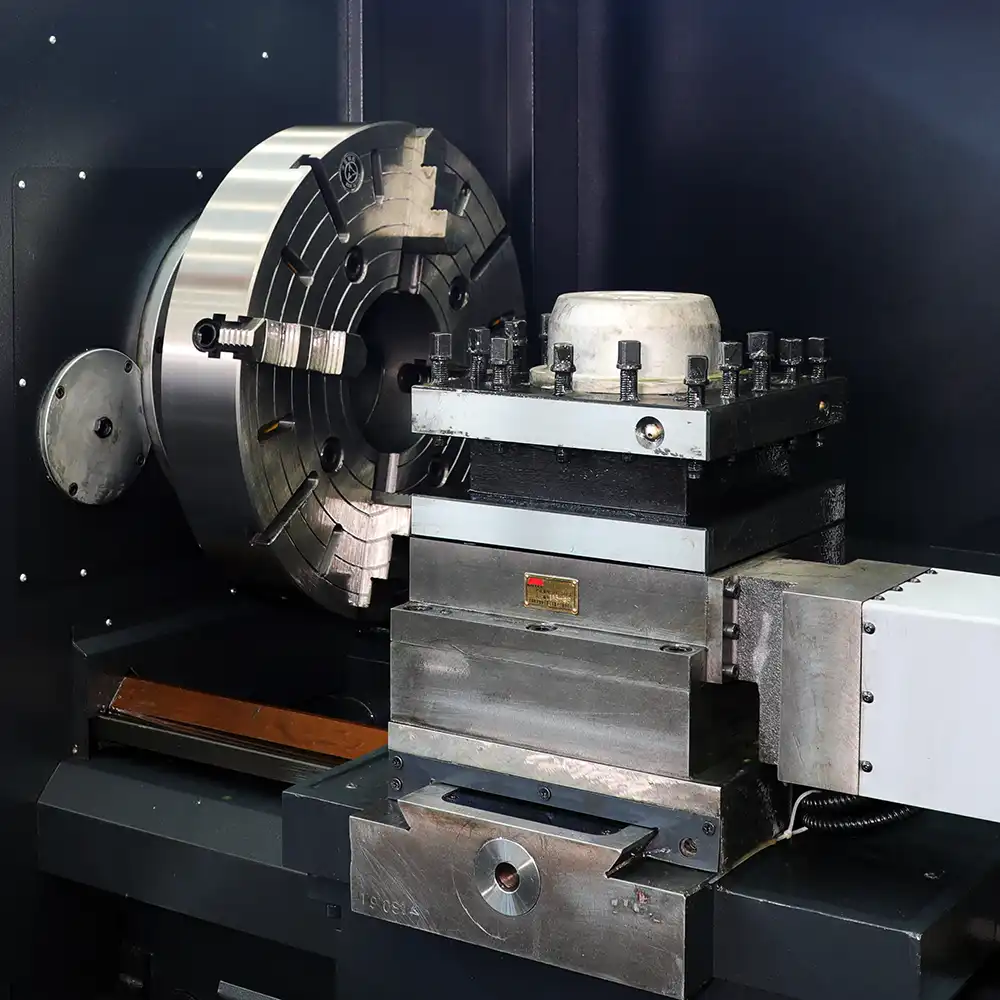
Key Characteristics of Oil Pipe Thread Machining:
- High-Volume Production:
Due to the scale of oilfield operations, pipe thread machining is usually conducted in large batches. - Tooling Setup:
A comb-type threading tool is commonly used for precision threading. To enhance productivity, a roughing insert is often added for quick material removal before fine threading. - Large Thread Pitch Consideration:
Oil pipe threads typically have a large pitch, meaning the tool feed per spindle revolution equals the pitch.
This places high demands on tool rigidity, insert strength, and the structural stability of the machine itself.
Critical Process Guidelines for Thread Turning:
1. Select the Right Cutting Speed and Feed Rate
- Different pipe thread specifications and materials require unique cutting parameters.
- Trial runs are often necessary to determine the most suitable speed and feed for optimal thread quality and tool life.
2. Use Proper Threading Direction and Cutting Angles
- It is essential to coordinate axial and radial positions accurately.
- Correct tool angles and directions ensure the machined thread conforms to standard geometric requirements.
3. Avoid Common Failures Like Thread Tearing or Insert Breakage
- Maintain stable cutting fluid flow and hydraulic pressure throughout the process.
- Carefully monitor cutting conditions to reduce the chance of tool chipping or workpiece damage.
4. Inspect Thread Quality Regularly
- Conduct routine checks on surface finish and dimensional accuracy.
- Replace worn or damaged inserts promptly to maintain consistent machining performance.
Operator Skill and Safety Requirements
Thread machining demands that the operator possesses:
- Professional knowledge and technical skills in threading operations.
- A strong emphasis on safety protocols, ensuring both product quality and workplace safety during high-speed operations.
Conclusion
The QKP series CNC pipe threading lathe provides an efficient, accurate, and versatile solution for oilfield thread turning and general machining needs. Its intelligent control features, high rigidity structure, and user-friendly system make it an excellent choice for mass production and complex custom threading applications. With proper process control and skilled operation, this system ensures superior threading performance, helping manufacturers meet the ever-growing demands of the global petroleum industry.

